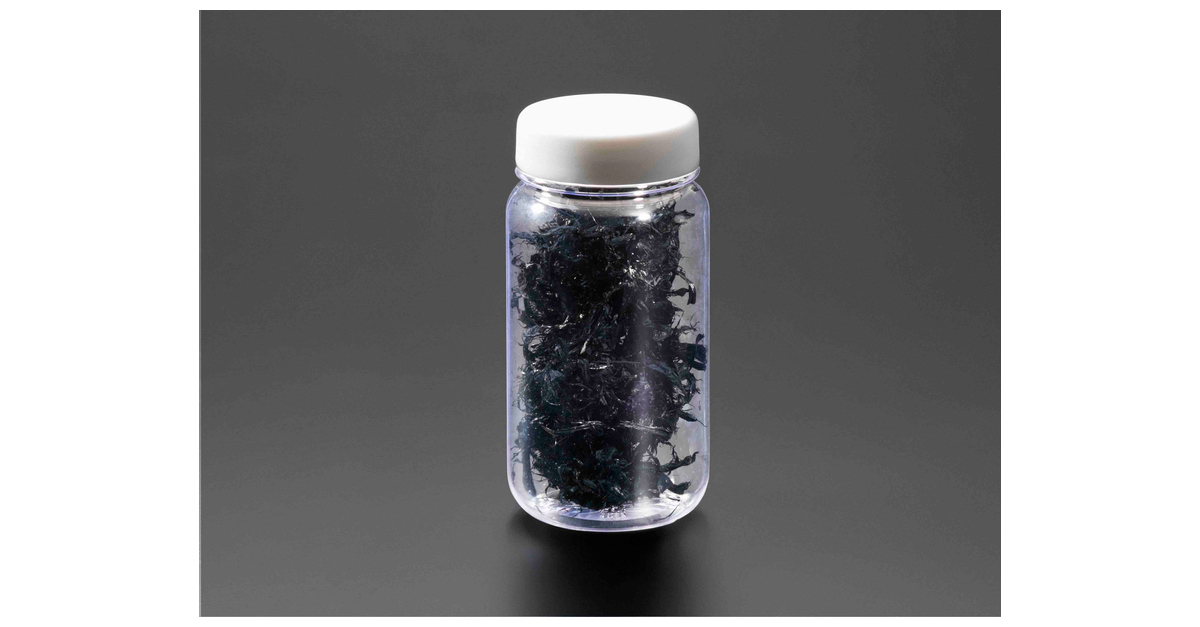Partnership in the LIB Field: MEIJO NANO CARBON and SK Inc. Materials Join Forces

MEIJO NANO CARBON CO., LTD. based in Nagoya, Japan, has recently entered into a capital and business alliance with SK Inc. Materials, a materials company under the SK Group in South Korea. MEIJO NANO CARBON specializes in producing high-quality “high-crystallinity and high-purity single-walled carbon nanotubes (SWCNT)” using its unique technology.
These high-quality SWCNTs have a wide range of applications in sectors such as semiconductors and cables. With SK Inc. Materials’ investment, the focus will be on collaborating in the Li-ion Battery (LIB) field. Traditional LIBs use graphite as the anode material, but there is growing interest in silicon as the next-generation material due to its higher theoretical storage capacity.
One challenge with silicon anodes is maintaining functionality over multiple charge-discharge cycles. However, by incorporating MEIJO NANO CARBON’s SWCNTs as a conductive additive in silicon anodes, the cycle characteristics can be significantly improved. The partnership aims to establish a mass production system for high-quality SWCNTs for LIBs, especially for electric vehicle (EV) batteries.
SK Group, a prominent Korean conglomerate with a global presence, is committed to becoming a leader in the ESG domain. SK Inc. Materials, a subsidiary of SK Group, focuses on materials and has teamed up with MEIJO NANO CARBON to enhance their presence in the LIB field.
MEIJO NANO CARBON, founded in 2005 as a start-up from Meijo University, is a pioneer in semi-mass production technology for high-quality SWCNTs. These SWCNTs offer superior conductivity and are lightweight, making them ideal for various industries, including battery, semiconductor, and automotive sectors.
The collaboration between MEIJO NANO CARBON and SK Inc. Materials marks a significant step towards advancing technology in the battery industry and meeting the growing demand for high-performance materials.







